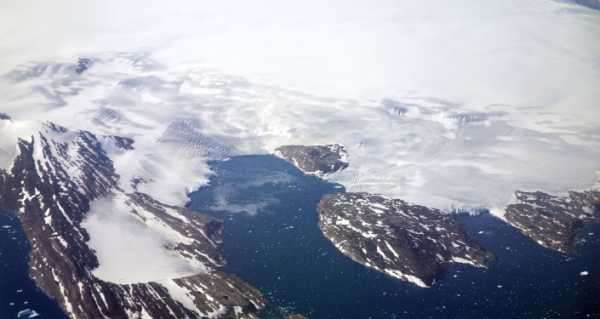
The researchers noted that although some of the awakening microbes are actually known to science, a percentage of them might have “unpredictable behaviour after release”.
With the ongoing thawing of glaciers and permafrost in various parts of the Earth, it remains unclear what consequences there might be as dormant organisms, which had remained encased in deep layers of frozen ground, begin to wake up, warn researchers who have written an article published in Scientific American magazine.
The article, published on 20 November, was penned by Kimberley Miner, specialist in climate change risk and an assistant professor at the University of Maine Climate Change Institute; Arwyn Edwards, specialist in paraglacial microbial environments at Aberystwyth University; and Charles Miller, specialist in carbon cycling and the vulnerability of the Arctic.
Noting that permafrost covers about 24 percent of our planet’s surface, the scientists point out how “Arctic lands offer unexplored microbial biodiversity and microbial feedbacks”, with some layers possibly harbouring “ancient frozen microbes, Pleistocene megafauna and even buried smallpox victims”.
Although some of these microbes are known to the science, a portion may have “unpredictable behaviour after release”.
And while the freeze-thaw cycle tends to “degrade more delicate bacterial and viral pathogens”, the spores of Bacillus anthracis, for example, may be an exception, with the researchers pointing at the 2018 anthrax outbreak in Siberia that led to “the death of 200,000 reindeer and a child” and which was allegedly related to permafrost thaw.
And, last but not least, there are also microbes that are “entirely unfamiliar to scientists” and which “may represent a novel threat”, with the researchers noting how, “with the coalescence of microbes reawakening from the deep, and surface conditions unprecedented in human history, it is challenging to assess risks accurately without improved Arctic microbial datasets”.
Sourse: sputniknews.com






